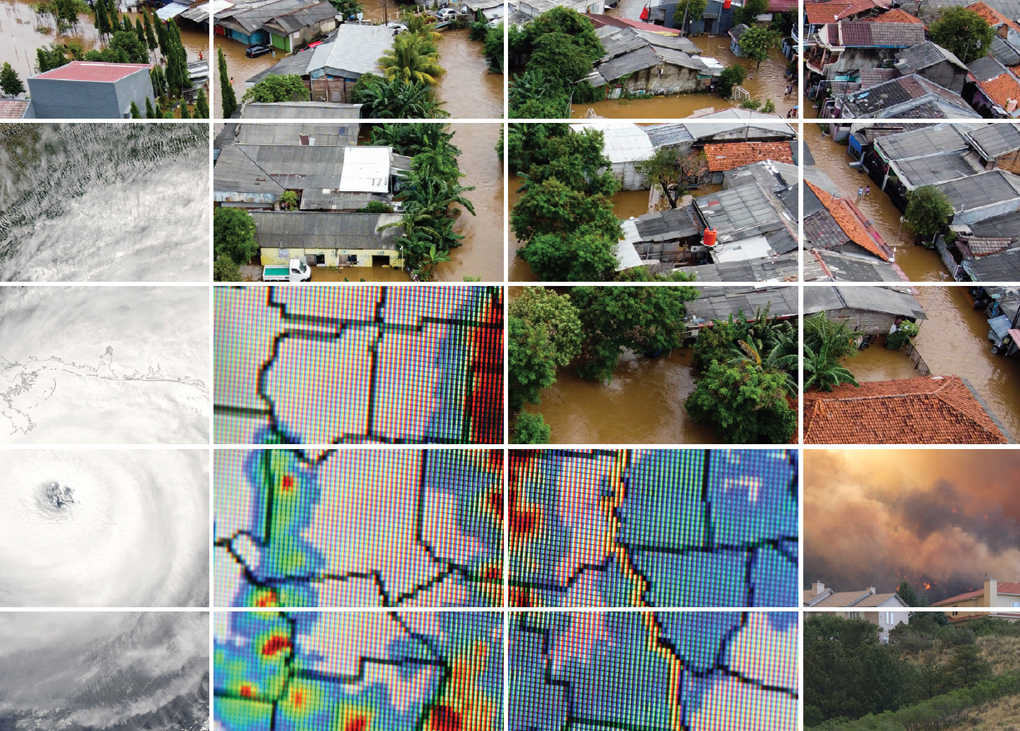The Global Resiliency Dialogue has released a report about the current integration of climate data and assessment of extreme weather events in building codes around the world.
The group is composed of international industry organisations including the Australian Building Codes Board (ABCB), the National Research Council of Canada, the New Zealand Ministry of Business, Innovation and Employment, and the International Code Council (based in the United States). Their aim is to coordinate a global response to improving the resilience of the built environment.
The new report is based on data from a survey circulated to building code development and research organisations around the world. It aims to illuminate – in detail – how climate-based risks are currently considered within national building codes and standards.
It explores the types of codes (building, fire, energy, electrical, plumbing and similar) that rely on climate-related data to support their requirements, as well as the source of that climate data, how it is communicated, and how often it is updated.
It also explores climate-related data in building codes, weather hazard data, extreme weather provisions in building codes, property protection and durability, and the anticipation of future risk.
A key finding in the report is that the majority of codes and standards use historical data to predict future building resiliency, rather than future-focused data.
A second survey has been released to climate scientists, design professionals and standards developers to research potential strategies for incorporating future-focused climate risk in codes and standards.
The Global Resiliency Dialogue aims to use the research from both surveys to form the basis for an international resilience guideline and future research roadmap.
The full report is available to download here.



Leave a Reply